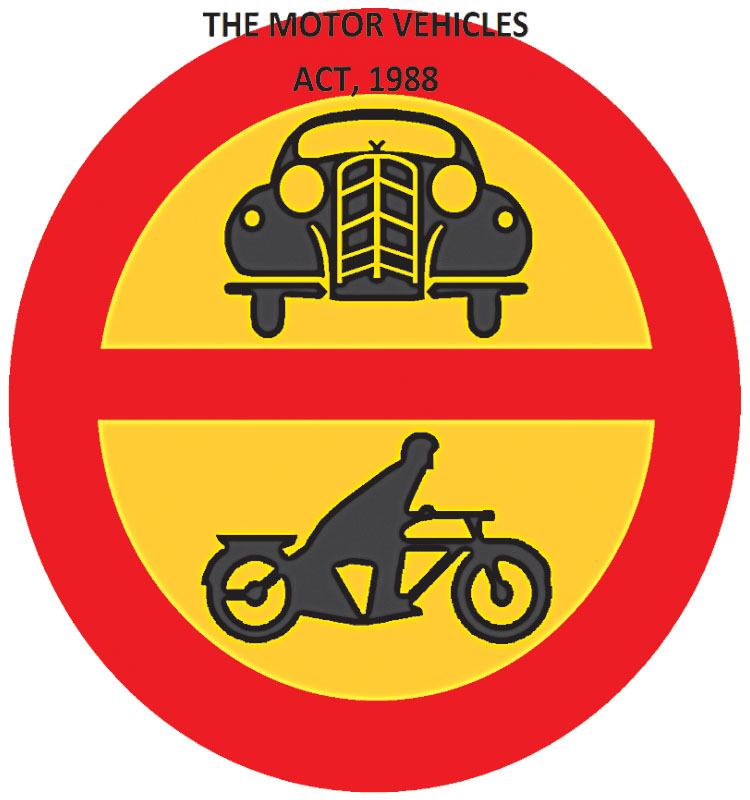
New Delhi, May 6 (Agency) The central government has amended rules in the Motor Vehicle Act in order to make the process easier if a vehicle is needed to be transferred in the name of the nominee in case of owner’s death. This decision will make the owners to be able to pass on the vehicle in case of death. The Ministry of Road Transport and Highway (MoRTH) has made some amendments in the Central Motor Vehicles Rules, 1989. Now, the vehicle owners can nominate a person as nominee in their vehicle registration certificate. In case of owner’s death, the vehicle will be passed on to the nominee.
The amendments made and notified by MoRTH will enable people to declare nominees as the successor of the vehicle, on the lines of the bank accounts and other finance-related accounts. According to the amended rules, an owner can provide the name of a nominee at the time of his/her vehicle registration. The vehicle owners can also add the name of nominee later through an online application but he/she has to submit identity proof of the nominee. In case vehicle is already registered, the owners can simply add the name of the nominee and other details by filling out an online application form which will automatically transfer the ownership to the nominee when the death certificate of the vehicle owner is presented to the concerned authorities.
Reportedly, the MoRTH has made the amendments to help general public as they were facing hassles to transfer the registration of the vehicle to another person after death.Earlier (before the new amendment came into affect), the procedure of transferring the vehicle after owner’s death was very complex. The procedure listed out by different states and RTOs makes the process even more complicated. The new changes come into effect as MoRTH has already notified the amendments. Now, the pre-chosen nominee can file for transfer of registration through an online portal. In just 30 days after submitting proofs and related documents with the RTO, a fresh certificate of registration will be provided to the pre-selected nominee. In the new rules, special provisions have been made to change the nominee in case of divorce, division of property or transfer of assets and other issues.

